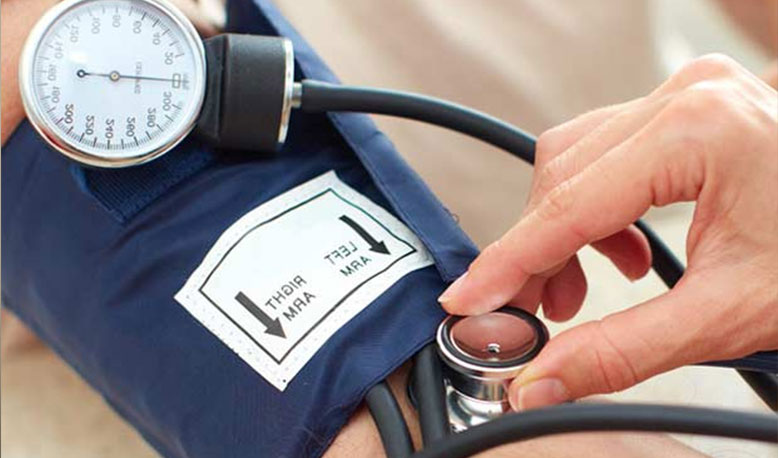
IDH1 mutational status can be used as a prognostic marker in patients with Glioma or AML to assist in therapy decisions.
IDH1 (isocitrate dehydrogenase 1) is an enzyme involved in the energy production pathway. Mutations in the IDH1 gene lead changes in cell metabolism that have been found in 80% of brain tumors.1 When there is a single amino acid change at position 132, this enzyme cannot function properly, resulting in an abnormal chemical process.5 This causes an accumulation of a particular compound that inhibits a tumor suppressor, and therefore causes an elevated risk of brain tumors or gliomas.2The structural changes in the IDH1 enzyme lead to over proliferation of cells that may cause the formation and malignant progression of brain cancer and leukemia.3 This particular mutation is one metabolic pathway that is now a target of new therapeutic drugs.
Not all patients that have IDH1 mutations will have a better or worse prognosis.
PCR and sequencing of IDH1 exons known to carry hotspot mutations will be performed using tumor tissue DNA.
We require 1 slide stained with hematoxylin-and-eosin and 10 unstained, non-baked slides with 10- thick sections of FFPE tumor tissue. The tumor section should contain at least 70% tumor content as verified by a qualified pathologist. Pathology report and a scanned copy of the slides used to assess tumor content should accompany specimen in order for testing to be performed. We can also accept fresh frozen tumor sample. However, we require that the tumor is sectioned and a pathology report be generated that includes an assessment of tumor content - Please call +91-484-2413399/97 or email askus@medgenome.com if you have questions.
For AML patients, blood sample (5-8mls) in EDTA tubes should be shipped on ice within 48h after blood collection.

DGchem Lab is the best lab in Delhi NCR. We provide free Home Sample collection services and made to realize the importance of investing in a healthy workforce.